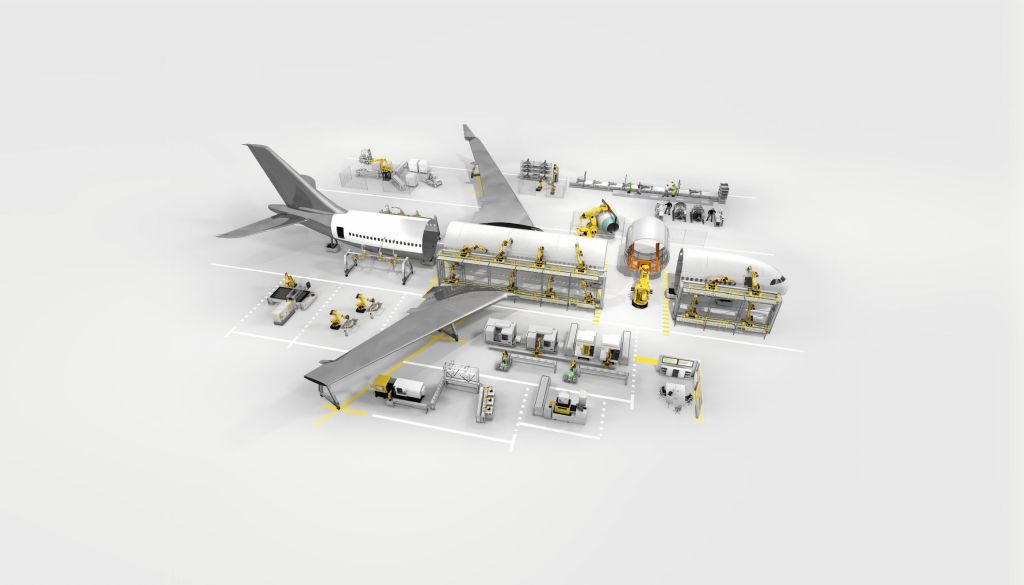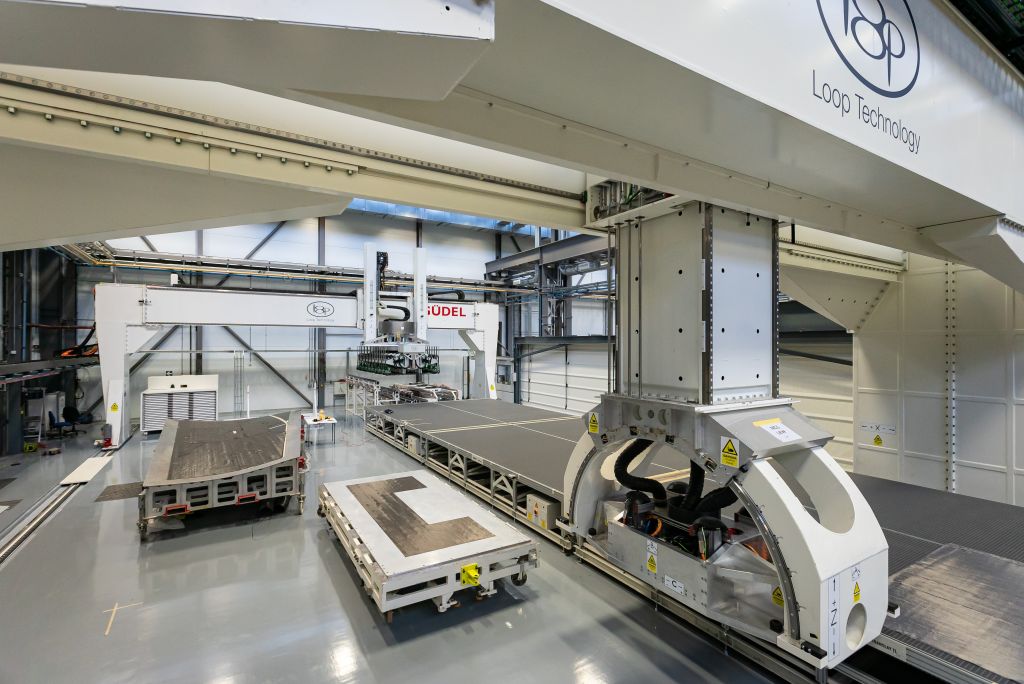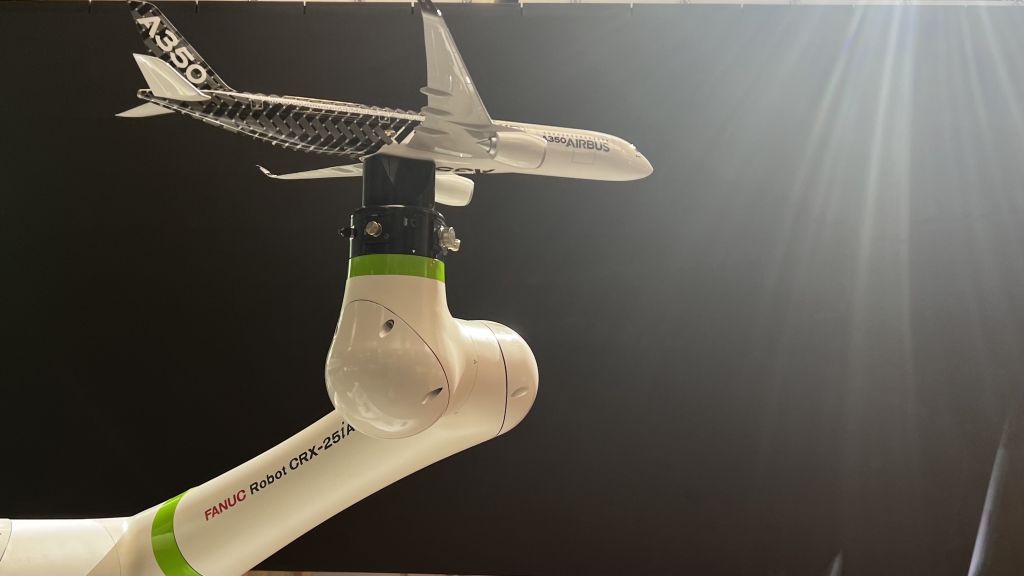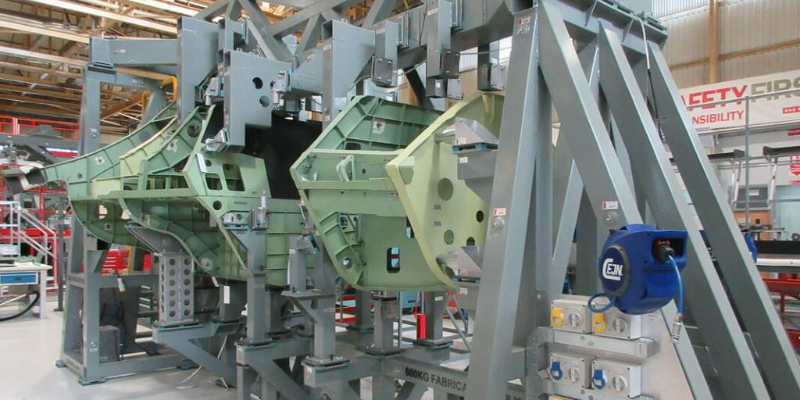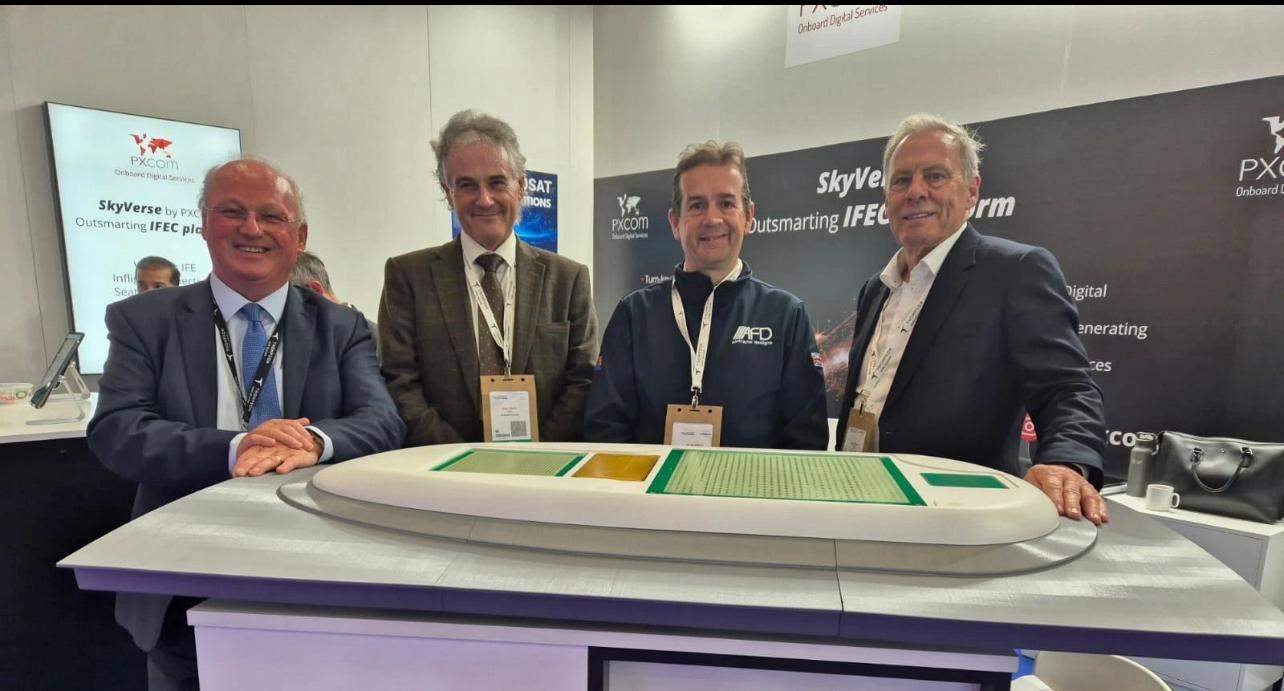
New report highlights the UK's slow adoption of automation
24th Sep 2019 | In News | By Michael Tyrrell
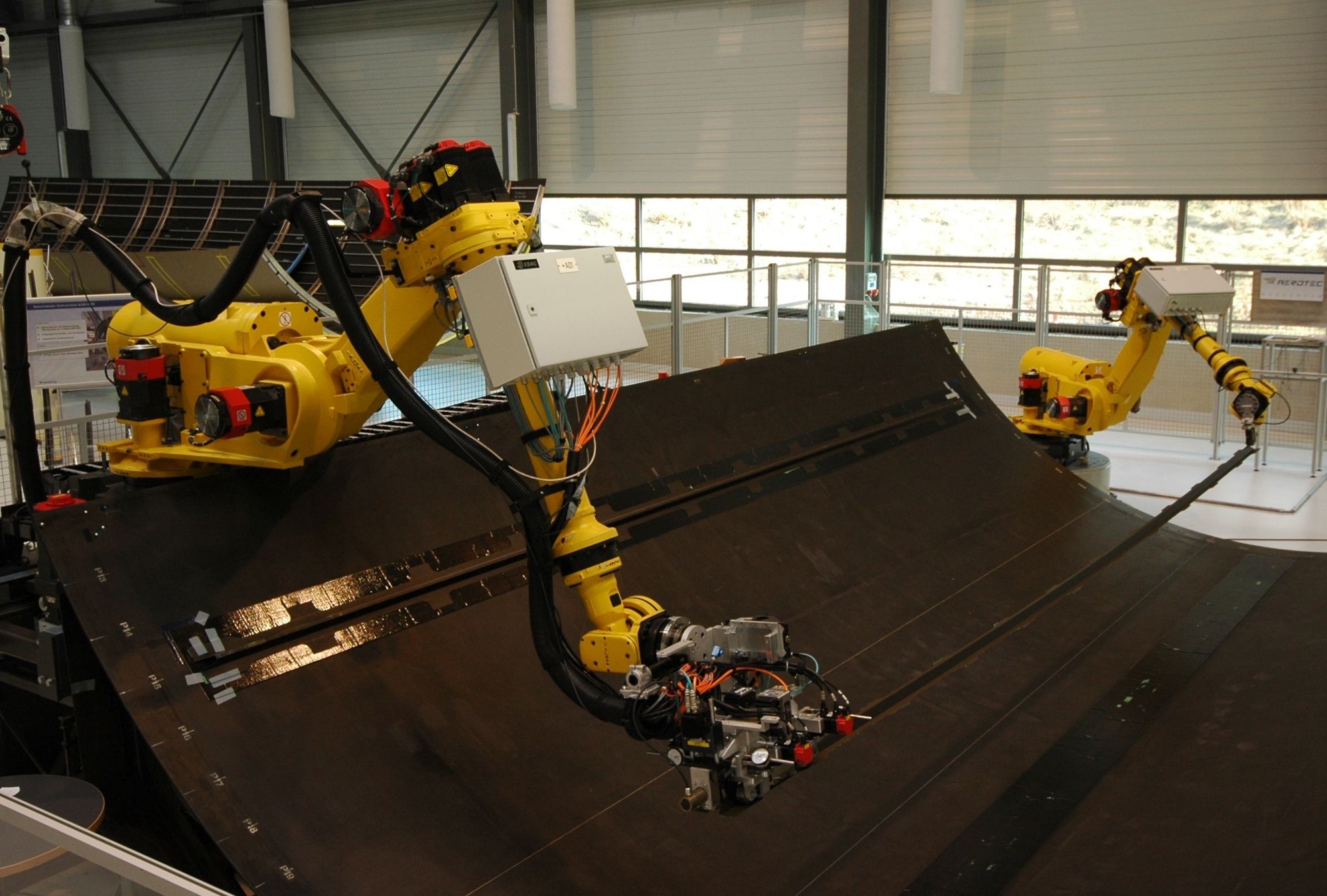
The Automation and the Future of Work report highlights how the UK’s slow adoption of automation is being hampered by a lack of action from the Government, with entire regions of the country at risk of being left behind by G7 competitors.
It argues that unless concerted efforts are made to manage the transition to Industry 4.0, UK businesses will miss a pivotal opportunity for economic growth.
The report urges the Government to establish a robot and AI strategy by 2020, which is a step towards building confidence amongst businesses, industries and universities.
“The UK has great potential, with a superb base of technology and research, but by embracing robots at a slower pace than our international competitors, we risk falling behind,” commented Fanuc UK managing director, Tom Bouchier.
He added: “To combat this, Fanuc will be hosting its first UK open house. This has been arranged as a conscious effort to showcase the power of automation to improve productivity, stimulate market growth, and ultimately create a new wave of skilled workers that will help British industry to flourish.”
The report also discourages the notion of a ‘robot tax’, which would be inhibitive to the adoption of automation and the interests of businesses and workers. It argues that UK Government should incentivise investment in new technology, such as robots, given the likely boost this will give to SMEs.
Reflecting on the barriers to automation, the report suggests that a lack of awareness and understanding is particularly damaging. It criticises the Government’s decision to close the Manufacturing Advice Service in 2015, highlighting it as indicative of a nation yet to grasp the importance of educating and supporting businesses on emerging technologies.
Bouchier added: “Education and generating awareness of the power of automation are perhaps the biggest challenges we face in UK manufacturing, and it is something that needs to be addressed at all levels. It starts by ensuring that school and university curriculums are exposing people to new technologies from a young age, providing a clear entry route for everyone, regardless of socio-economic background, race, or gender.
“But it is also crucial that we continue to educate higher up the chain. We need to support UK Government by offering specialist support on technical matters, so that it can show the strong leadership that we are asking for. The report calls for funding of an impartial source of advice for businesses looking to invest in automation, which is the type of support that SMEs need to compete on a world stage.
“UK Government’s role in managing the transition to new technologies and a more automated industry is absolutely critical, but it must do so with the support of businesses. Manufacturers such as Fanuc UK are obliged to use their expertise to showcase the benefits of automation and robotics, which is what makes events such as our upcoming open house on Manufacturing Automation & Digital Transformation so important.”
Fanuc’s inaugural open house, which will be held between 29-31 October at its headquarters in Coventry, will answer some of the burgeoning questions on automation.
It will cover the various benefits of adopting automation into a range of sectors, including automotive, aerospace, and food & beverage, with over 25 live demonstrations and keynote speakers from across manufacturing and vocational education.
To attend Fanuc’s inaugural open house event click here.
Consider a free digital subscription
If you find this article informative, consider subscribing digitally to Aerospace Manufacturing for free. Keep up to date with the latest industry news in your inbox as well as being the first to receive our magazine in digital form.


